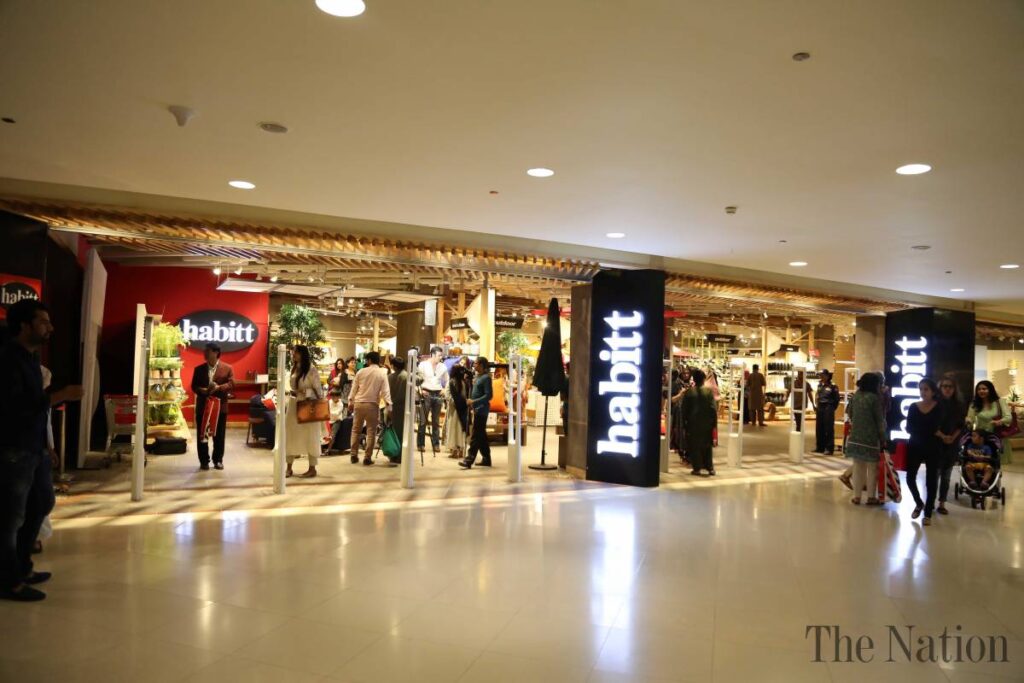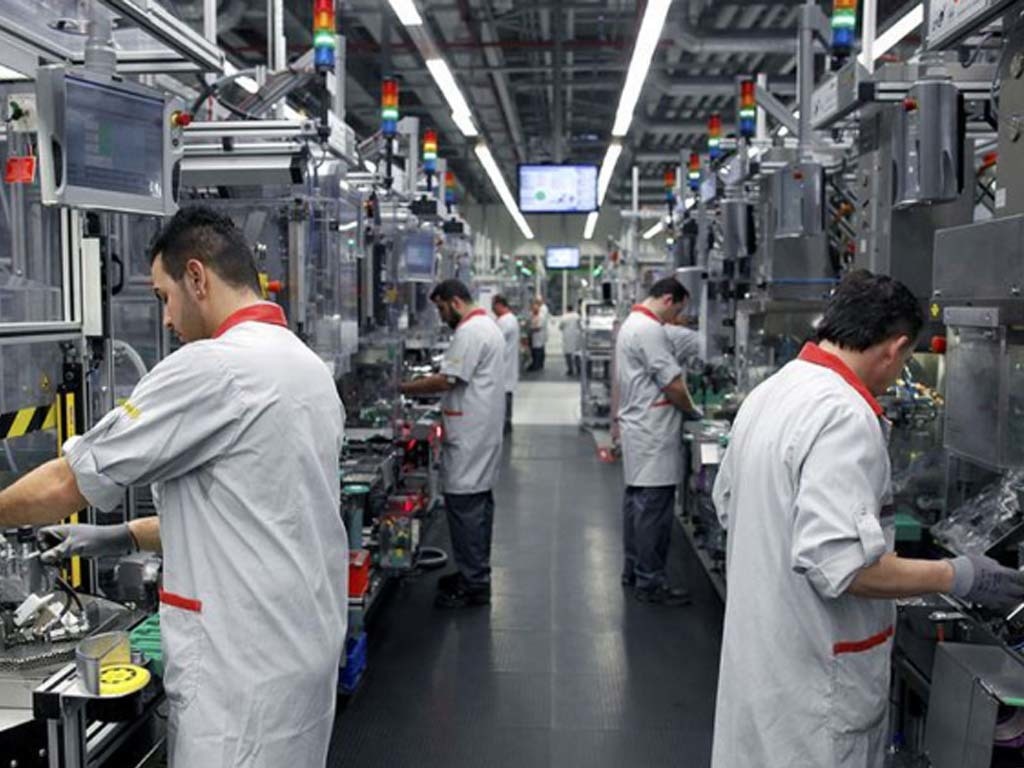ISLAMABAD: The Pakistan Prosperity Index (PPI), after taking a hit in April and May, grew by 13% in June due to the post-lockdown commercial activities, a study showed Thursday.
A recent report by the Policy Research Institute of Market Economy (PRIME) said that the PPI had grown to an all-time high of 135.9 in June, driven by a surge in post-lockdown business activities.
The PPI is an agglomeration of trade volume, lending to the private sector, purchasing power and manufacturing output indices.

The trade volume increased Rs548 billion year-on-year (YoY) and Rs360 billion month-on-month (MoM) with the resumption of business activities and reopening of international markets.
Subsidized borrowing rates by commercial banks showed that the private sector had taken on a lot of credit as well, while, long-term financing facility stood at an all-time high of Rs390.8 billion in June 2021.
In the context of purchasing power, the YoY inflation was reported at 9.7%, while the MoM one clocked in at a negative 0.3%, a manifestation of improvement in purchasing power. The prevalent high levels of inflation are mostly because of a hike in food and energy prices.
Large Scale Manufacturing (LSM) increased by 4.36% MoM. This increase can be attributed to the higher demand emanating from the ease in lockdown, mass vaccination and opening up of business.

In addition, higher production costs fueled by higher energy prices, and supply-side disruptions of raw material all had a fair share in restricting LSM’s output. Notwithstanding, the overall economic outlook, as measured by PPI, seems to be encouraging.
The performance of the economy indicated by PPI is consistent with the latest Business Confidence Survey 2021 by Overseas Investors Chamber of Commerce and Industry (OICCI), which also illustrated the strengthening of business confidence and augmented growth prospects owing to an uptick in the business activities.
With the ease in lockdown restrictions and a mass vaccination drive, the overall state of the economy appeared encouraging and on a right track, the PRIME report said.
The report, however, stressed that Pakistan needed to bring down inflation to increase purchasing power/real income of the masses and also to decrease the input cost of the LSM.

The study stressed that addressing the supply-side shocks of basic food items was pertinent to lower food inflation, which was the main cause of rising overall inflation in the economy.
These supply-side shocks called for more liberal trade measures and elimination of state intervention in the market, the report added.
Media person and communication expert for over 25 years. Worked with Dow Jones News, World Bank, CNBC Pakistan, Aaj TV, ARY TV, Abbtakk TV, Business Recorder, Pakistan Observer, Online News Network, TTI Magazine and other local and world Publications.










